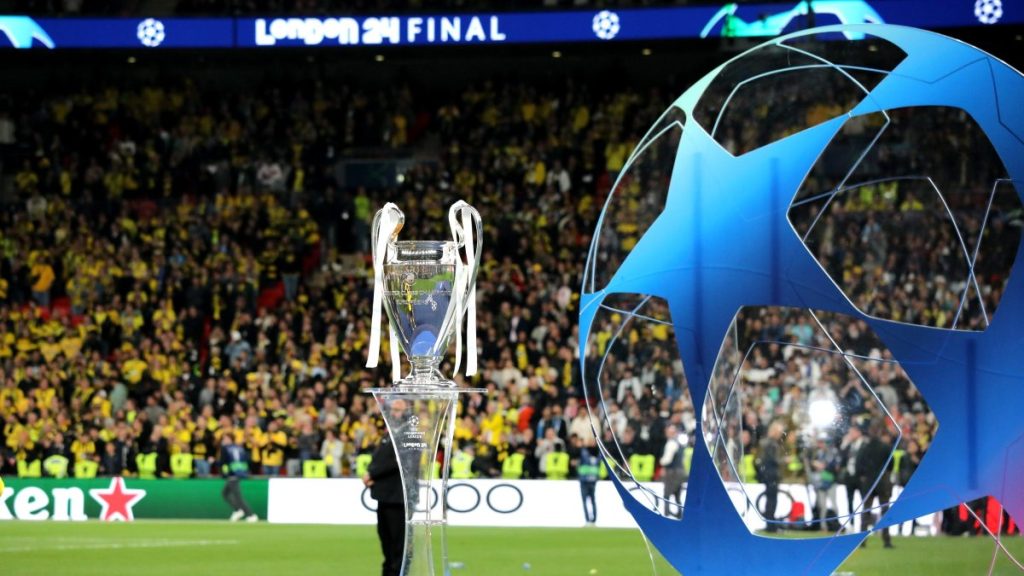UEFA has decided to keep extra time alive in its elite club competitions, shelving a proposal that would have sent tied knockout games straight to penalty shootouts.
The idea – floated by UEFA’s Club Competitions Committee – sought to reduce fixture congestion and protect players from the rising physical toll of a jam-packed football calendar.
But after weighing the pros and cons, Europe’s governing body opted for tradition over transformation.
“There was pressure to scrap extra time to ease player workload,” reported The Times’ Martyn Ziegler. “But concerns over fairness and gameplay integrity prevailed.”
The change would have affected the Champions League, Europa League, and Conference League knockout rounds from the last 16 onward – skipping the 30-minute overtime period and deciding deadlocked ties via penalties.
Advocates believed it could help teams cope with increasingly tight schedules, especially with international tournaments now filling almost every summer.
But opponents pointed out key flaws.
Extra time, while physically demanding, is seen as a fairer test of endurance and strategy, especially in two-legged ties.
There were also concerns it could hand the home team in the second leg an unfair edge, a problem UEFA has tried to mitigate since scrapping the away goals rule in 2021.
Since then, 37 Champions League matches have gone into extra time, 15 of which proceeded to penalty shootouts.
In the Europa and Conference Leagues, more than half of overtime matches ended from the spot.
Another fear? That smaller or defensively minded teams would play for penalties, resulting in duller, more conservative football – a scenario UEFA wants to avoid as it encourages attacking play under the competition’s new Swiss-style league format.
This season marks the debut of that format, replacing the classic eight-group setup with a single 36-team league table.
The top 8 clubs advance directly to the round of 16, while teams ranked 9th to 24th must navigate playoff rounds for a spot in the knockouts.
UEFA noted that this new structure is already driving teams to prioritize wins over draws, especially with qualification stakes rising in the unified league.
So for now, extra time survives the cut – a decision that preserves drama, encourages offensive football, and keeps penalties where they belong: as a last resort, not a default.


